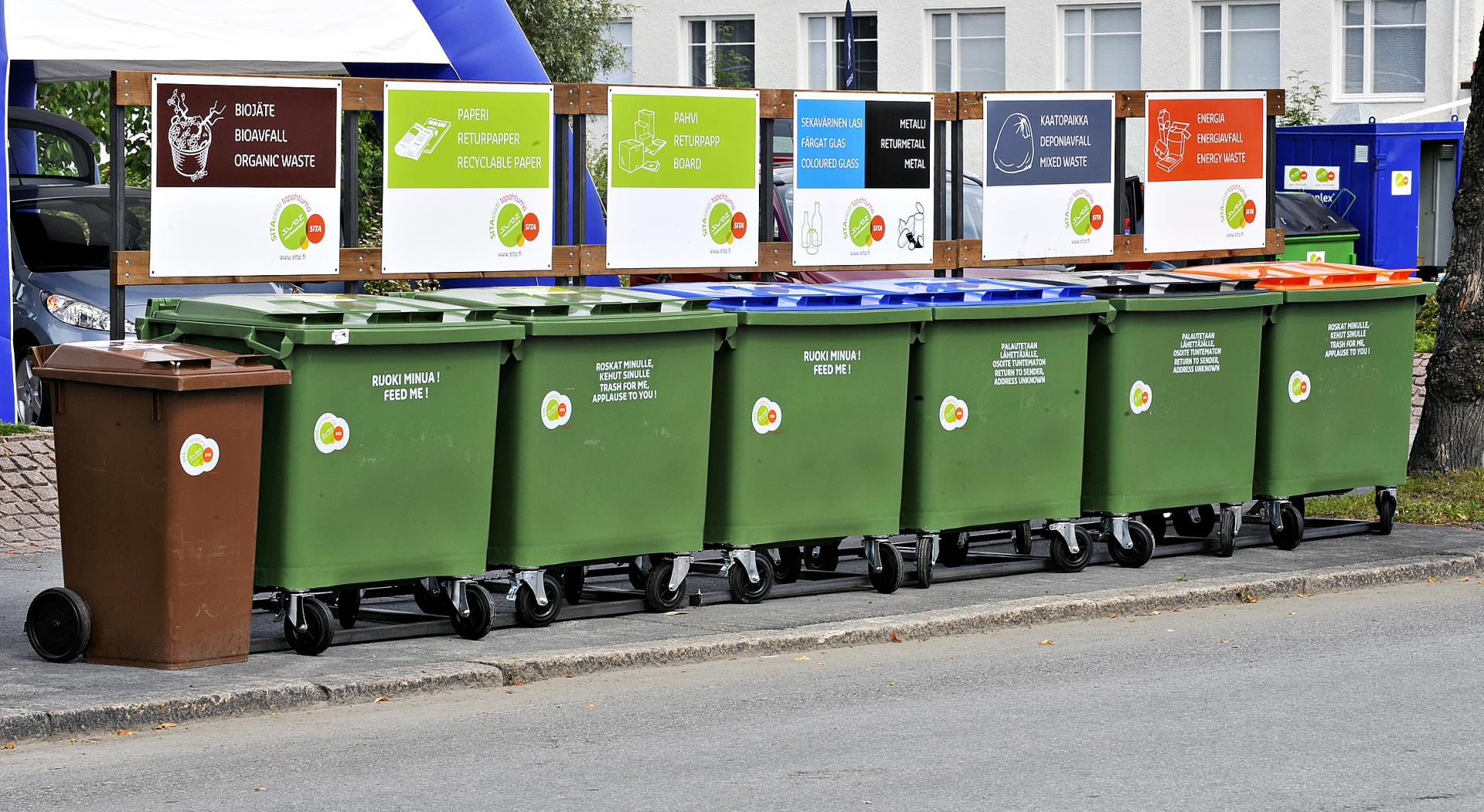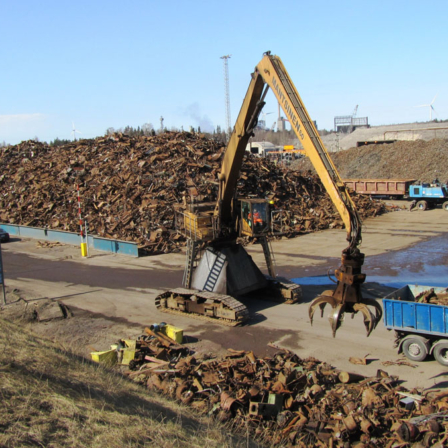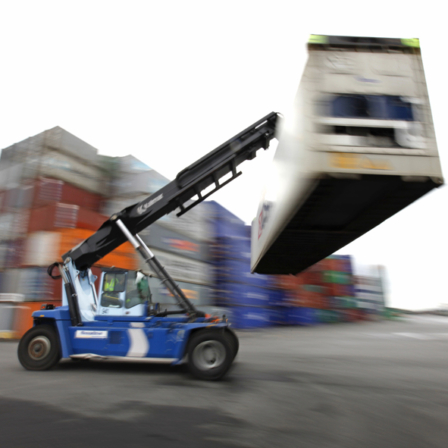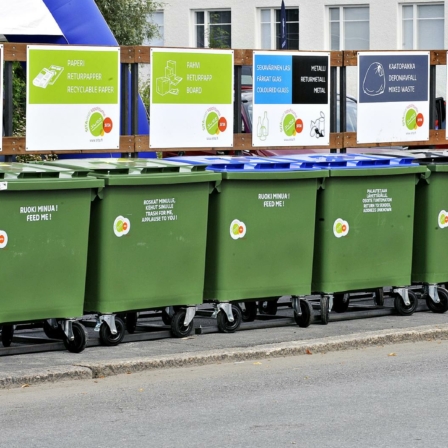Cleantech has long been considered a potential field for new enterprises that could hopefully become the new Nokias of the future. In addition to economic growth, our country badly needs more resource wisdom. When it comes to European waste statistics, Finland is far from being a model country. Returnable bottles and paper collections are not sufficient for achieving the recycling levels of the other Nordic countries or the EU’s recycling targets.
Many new and interesting green enterprise projects are already under way. However, even more interesting things are happening in the field of basic environmental business since the introduction of new waste laws, although they’re attracting surprisingly low levels of media attention. The control and ownership of waste material is a harshly competitive subject. This battle is being fought between the municipal waste management agencies and private environmental companies. Thus, it reaches far beyond just the environmental field. Its result is important for all recycling and waste utilisation.
Simply put, municipal waste management companies want to ensure that enough waste reaches the incineration plants that they own. Private companies, on the other hand, primarily consider this waste to be a source of raw material. For a number of companies, selling this material to various industries is already more important than the logistics of waste management. Thus, the waste they collect is too important to burn. These firms have developed sorting methods to utilise everything in the mass of waste that could possibly serve as raw material. Only a small part of the waste mass ends up being burned after this process.
Municipal waste management agencies have not invested in an infrastructure that would support waste utilisation or create channels of raw material. And why should they? After all, they used to own the landfills and now they own the incineration plants. They mean the same thing when talking about recycling and incineration.
The existing and new incineration plants already lack materials, so local authorities are turning their attention towards those sorting and utilising the material – the private companies. Many firms have expressed confusion after being contacted by a municipal waste management company and being instructed to sort their waste less, as incineration should include materials that burn well. Those materials, however, could be used considerably better as a raw material. When the municipal company offers to give up the difficulties of sorting, it will, at the same time, end up confiscating waste that does not belong to it according to the waste law. In what other fields could a local authority take over the contract-based turnover of a business by decree?
The latest example of this sort of waste confiscation is in Turku, where, some time ago, the municipal waste management company announced that they would take all the recyclable waste that private waste management companies collect from their customers into their ownership. The decision was made without consultation with the companies or the producer communities. Though this decision did not concern waste incineration, it was still made rather surprisingly and in a way that lacked good governance. The same one-sided approach was also evident in how this recyclable waste was processed, with the municipal waste agency making its decision without resorting to any public tendering process.
Private waste management companies have a good record in innovation, which is essential for succeeding in the field. Their innovations mainly focus on increasing the utilisation of waste or improving the efficiency of their waste management logistics. Both of these approaches are also positive for the environment, even though they are conducted as business operations. But if it continues to be possible for private enterprises to lose their waste material to the municipal agencies the enterprises in this field will no longer dare to invest in utility waste processing plants. Ultimately, there is a risk of them being left unused. Can Finland afford to lose private environmental investment when it plans to create green business growth to improve its economy and also aims to achieve the EU’s recycling goals?
Perhaps we should discuss why the environmental field is increasingly seeing a municipal insourcing of its services, along with all the investments that requires, even though during these hard economic times, municipalities are thinking about all the services they could give up or outsource.
Maarit Leppänen is the commercial manager of SITA Suomi OY maarit.leppanen@sita.fi






Recommended